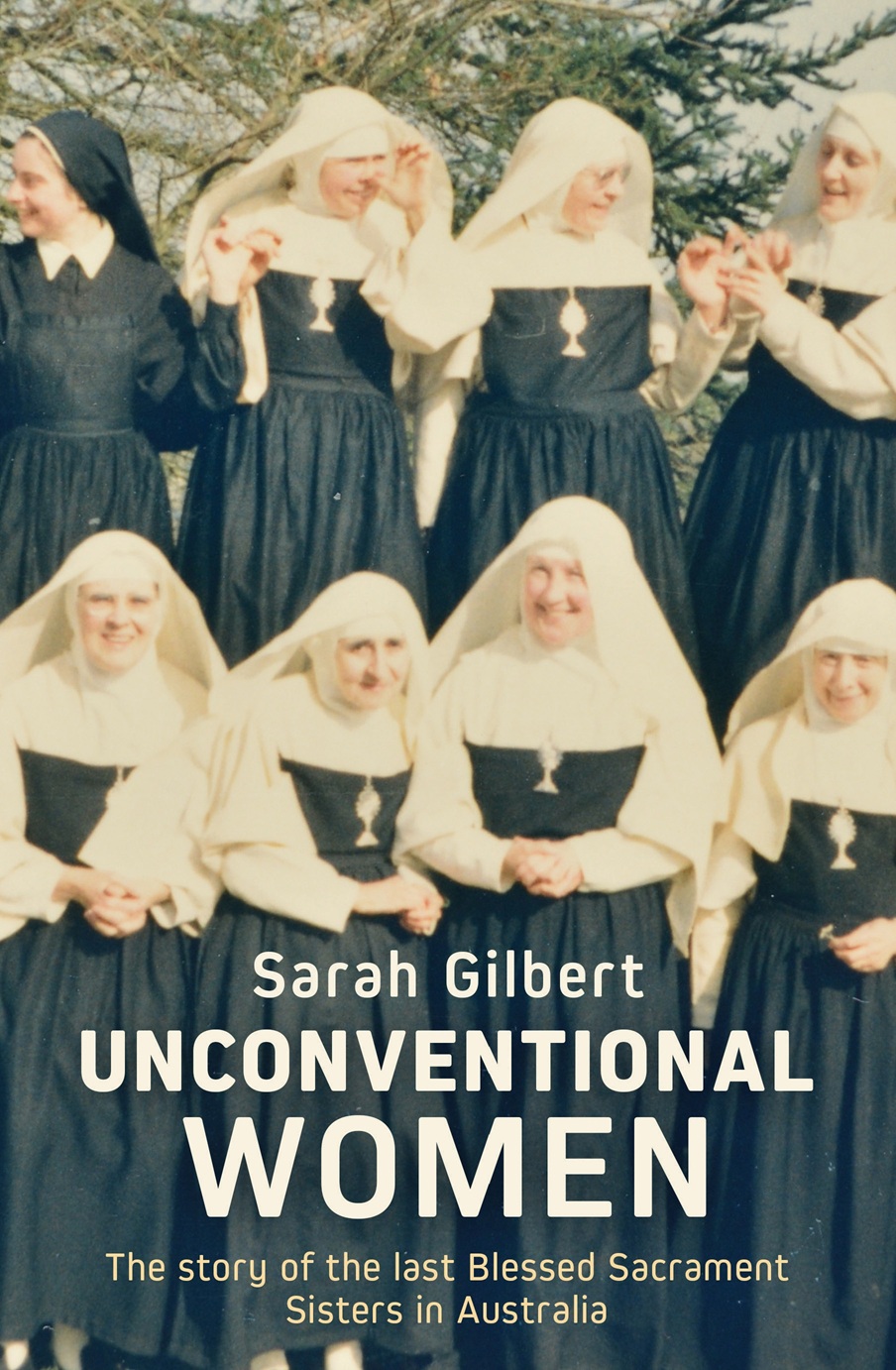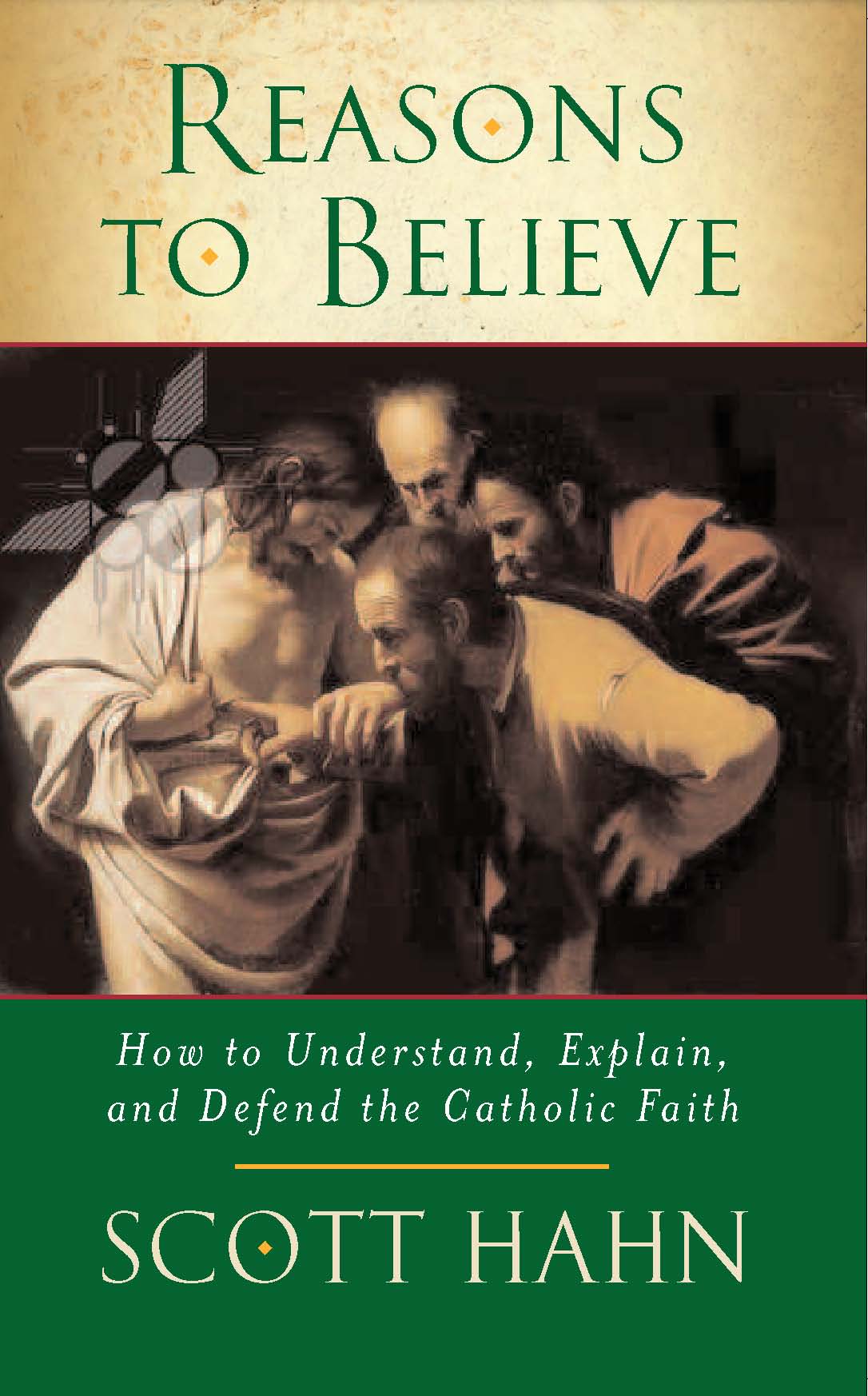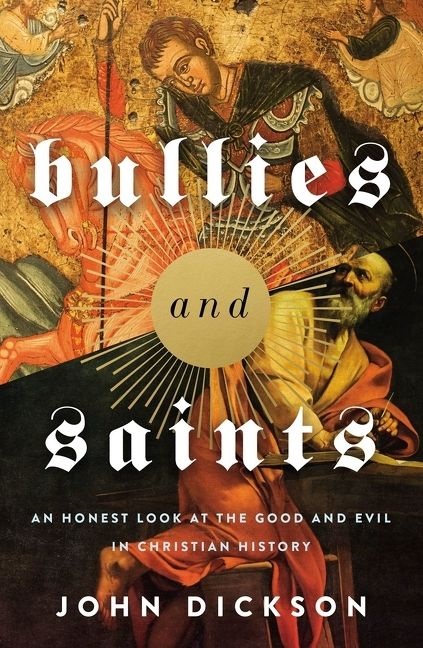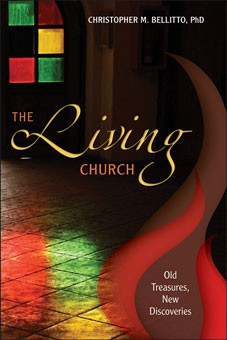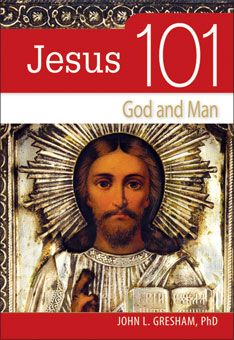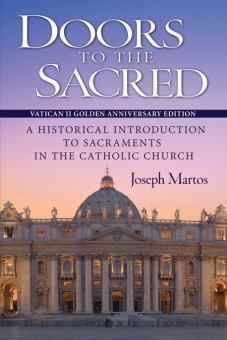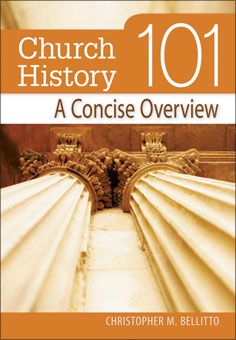The first three centuries of the Christian faith were a period of missionary zeal, deep thought, and tribulation. In The Early Church (AD 33–313): St. Peter, the Apostles, and Martyrs, Catholic historian and biblical expert James Papandrea dispels what he calls common “mythconceptions” about the early years of Christianity. Tracking the challenges of heresy and persecution throughout the period, Papandrea shines a spotlight on the earliest saints and explores the growth and development of the new Church.
The first Apostles spread the message of Jesus Christ and were willing to suffer and die for their faith. The next generations of believers followed their example, producing inspiring martyrs including Polycarp, Justin, Perpetua, and Sebastian, and great thinkers such as Irenaeus, Tertullian, and Eusebius. In The Early Church (AD 33–313), author and historian James Papandrea presents a clear account of the Church’s first three centuries and provides evidence to refute fourteen commonly held beliefs about the Catholic Church.
You will learn:
- No money or power was attached to being a bishop or priest in the early Church.
- Christian holidays were not adaptations of pagan celebrations.
- Christians have never believed in an eternal life for souls without bodies.
- The doctrine of the Trinity was not forced upon the Church by Constantine, but rather was a belief from the beginning of Christianity.
With clear explanation and inspiring stories, Papandrea sorts through what we do and don’t know about the early Church and enables Catholics and fellow Christians to make sense of the Church’s beginnings.

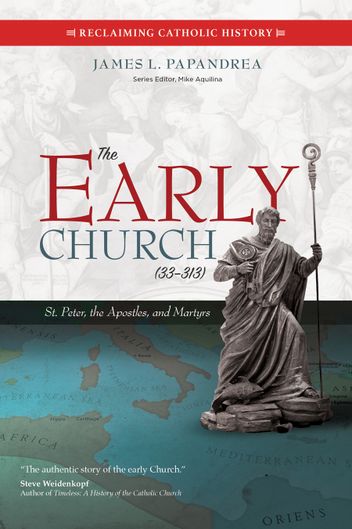
 Back
Back

